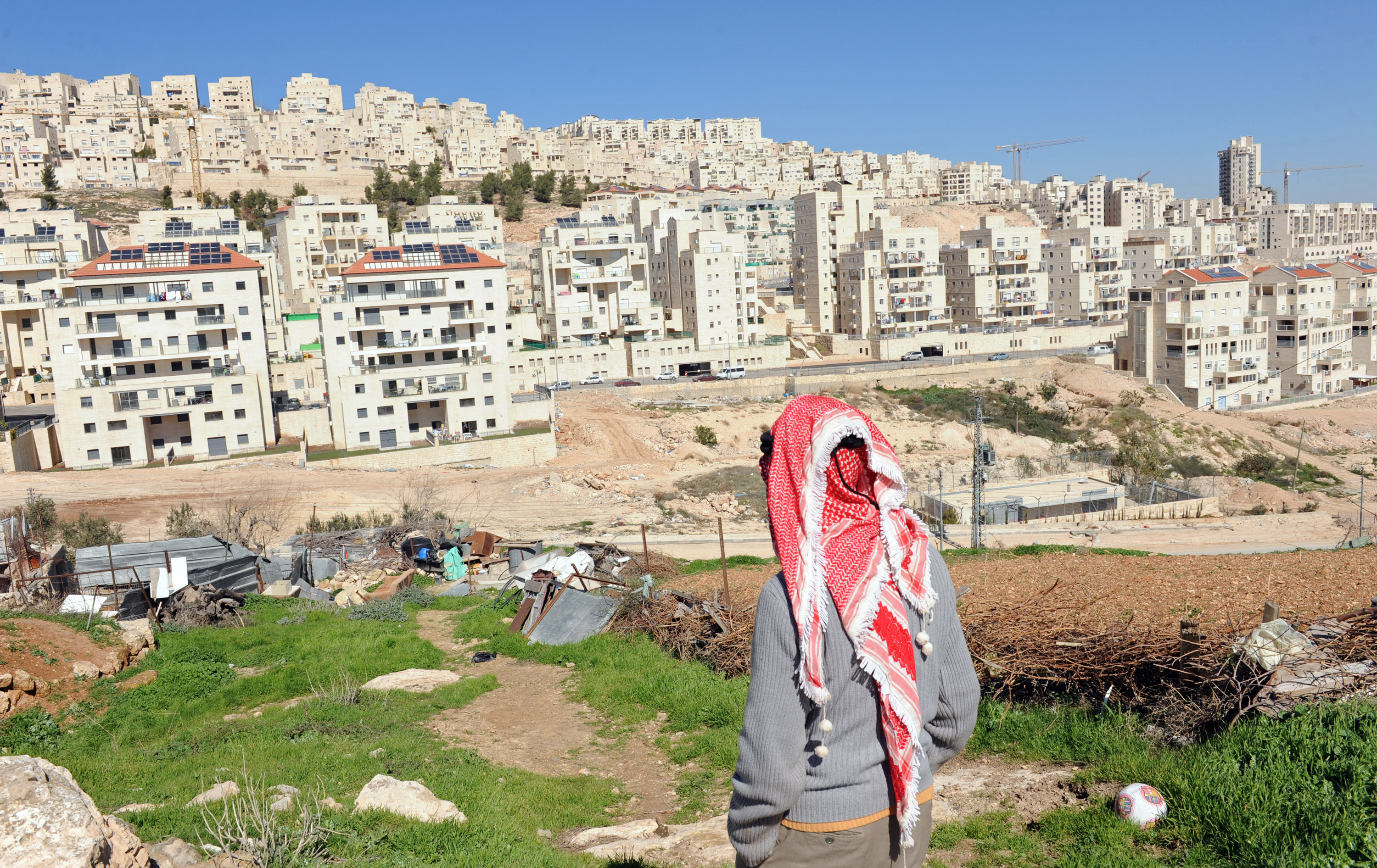
RNA - Israeli regime's plan to ramp up a highly criticized settlement program has caused outrage among Palestinians who are bound to suffer as a result. They have also pushed the international community to echo concerns over Tel Aviv’s continuing illegal settlement expansion policy.
Palestinians speak up
The announcement of 3,000 new units in the West Bank on Tuesday, which came just a week after 2,500 housing units and a separate 560 were approved, has infuriated Palestinians.
Mustafa Barghouti, a member of the Palestinian Legislative Council, dubbed the bill as "the last building block of a racist apartheid regime".
"It's very dangerous because it means legitimising any confiscation of private Palestinian land," he stated.
Hanin Zoabi, a Palestinian politician in the Israeli Knesset, said the bill is "an act of annexation." She also alluded to the fact that the expansion of settlements is part of a larger plot to “Judaize" al-Quds (Jerusalem).
Meanwhile, PLO chief negotiator Saeb Erekat said the government of Prime Minister Benjamin Netanyahu is destroying the prospects of an independent and sovereign Palestinian state through its commitment to colonization.
"Israel continues to systematically violate the rights of the Palestinian people and to give a green light and support for settlers to take over more Palestinian land and to terrorize the Palestinian population," Erekat argued.
"This immoral situation shouldn't continue to be tolerated by the International community. It has to end,” he added.
EU rebukes
The decision has also drawn criticism from the EU.
After Netanyahu announced the first batch of settlements last week, the EU Foreign Service said it was “regrettable that Israel is proceeding with this policy, despite the continuous serious international concern and objections”.
It added that settlement expansions “seriously undermine the prospects for a viable two-state solution” and were “illegal under international law”.
However, the EU’s voice seems unable to resonate among the Israelis who, despite previous stigmatizing labels on settler products in European stores, continue to do as they please.
The need to take a harsher stance, on the other hand, has been addressed by EU states’ ambassadors in Palestine. Nonetheless, diplomatic sources say EU Foreign Relations Chief Federica Mogherini has quashed these calls, refusing to take additional measures against the Israeli regime.
US supports
When US President Donald Trump was elected, he promised to make a shift from Obama’s policy on the Israeli regime. A US abstention in a UN vote on Israeli settlement construction had angered Tel Aviv but Trump’s assurance that his administration would support the settlement program and his pledge to move the American embassy from Tel Aviv to al-Quds, seem to have given the Israelis new confidence.
Only days after Trump’s inauguration, three settlements decisions, amounting to 6,000 homes, were announced in just 11 days. So far, the White House has not made any comments on the settlements, a clear deviation from Obama’s administration which regularly criticized such plans.
More than half-a-million Israelis live in illegal settlements across the occupied West Bank, including East al-Quds (Jerusalem), which have been and continue to be confiscated since the 1967 war. Between 2009 and 2014, settlements expanded by up to 23 percent with Netanyahu defying languid Western calls and fervent Palestinian demands for a halt to this practice.
847/940